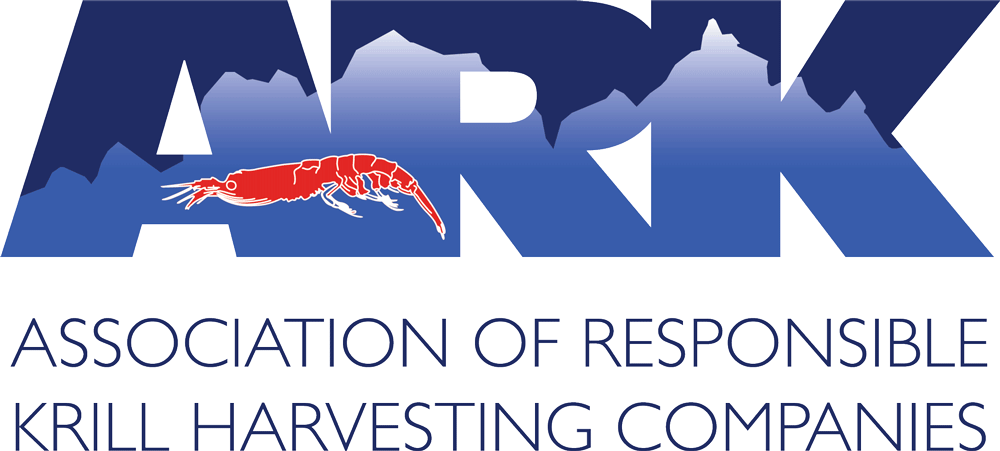Wildlife interactions
The Commission for the Conservation of Antarctic Marine Living Resources (CCAMLR) has established management measures – known as Conservation Measures - to ensure the sustainable management of the krill fishery in the Southern Ocean.
Actions to protect seabirds and marine mammals in trawl fisheries have also been developed. All krill vessels are required to ensure nets are cleaned before shooting to reduce attractiveness to birds, discharging of offal is prohibited, and nets must have escape panels fitted to prevent seals from becoming trapped. These mechanisms are so effective that usually fewer than 10 birds and seals are observed caught each year.
Two important conservation measures relevant to the krill fishery are:
Conservation Measure 25-03. Minimisation of the incidental mortality of seabirds and marine mammals in the course of trawl fishing in the Convention Area. This conservation measure details trawling practices and offal restrictions for trawl vessels; and
Conservation Measure 26-01. General environmental protection during fishing. This conservation measure details waste disposal guidelines for all fishing vessels in the Convention Area.
The general measure on environmental protection recognises MARPOL requirements and prohibits vessels from discarding plastics or fuel oil and from using plastic packaging bands which, if lost from a vessel, can entangle seabirds and seals. Recognising the specific protection that applies under the Protocol on Environmental Protection to the Antarctic Treaty to the areas south of 60° South, in this area it prohibits discarding any garbage, food waste unless mashed into very small pieces, poultry and offal from processed fish. This means that vessels fishing south of 60° South must usually retain all these materials until they leave the area.
All vessels fishing in CCAMLR fisheries are required to carry an observer for all of their fishing operations.
Observers record information on the gear configuration (including measures to reduce incidental mortality of seabirds and marine mammals), fishing operations (including catch composition), biological measurements of target and by-catch species, details of fish tagging and tag-recaptures, vessel sightings and data on indicators of vulnerable marine ecosystems.
Importantly, ARK Members have voluntarily agreed to restrict fishing in Voluntary Restricted Zones (VRZ) to safeguard penguin colonies during their crucial breeding season when their foraging trips are short. VRZs also safeguard whales during summer on their return to Antarctica after fasting 48.1as well as protecting a krill spawning hotspot in Subarea 48.1.
Compliance with the VRZ is reviewed annually by an independent group of experts. No incursions into VRZs have been reported.
